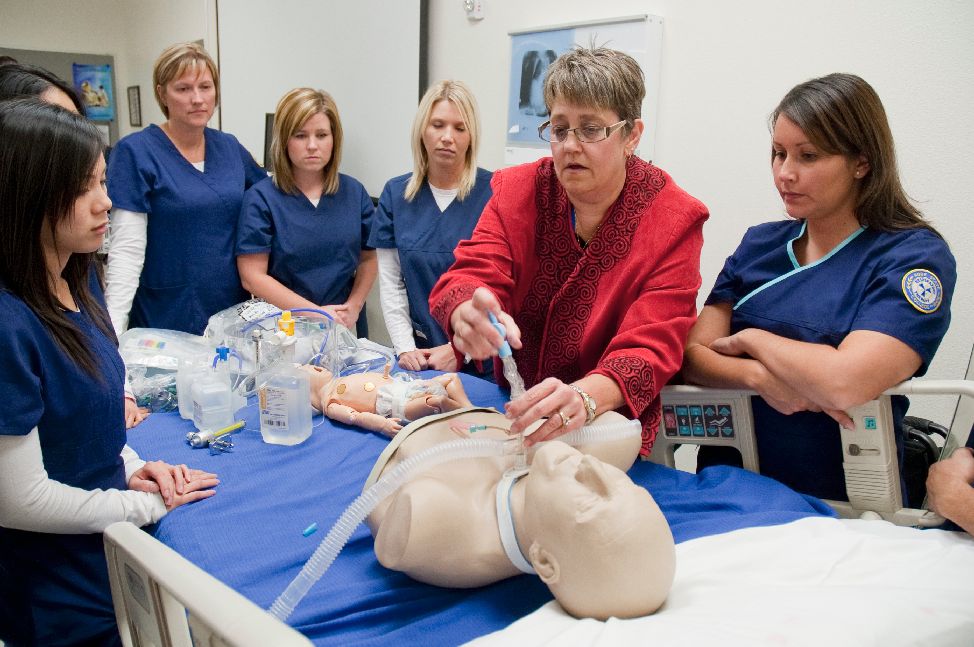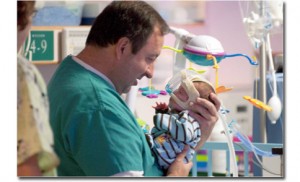A respiratory therapist is someone who treats patients with cardiopulmonary disorders such as asthma, chronic bronchitis, pulmonary disease, congenital heart disease, and other cardiovascular disorders.
The respiratory therapist first interviews the patient, perform chest exams, and analyze specimens of tissues. After they diagnose a patient of any cardiopulmonary disorder, they will recommend treatment methods. They play a vital role in responding to trauma and emergency cases.
Aside from performing diagnostic procedures and responding to urgent calls in the emergency room, the respiratory therapist also supervises technicians and equipment for respiratory treatment. The respiratory therapist also consults with other healthcare professionals such as doctors and nurse staff to adjust patient care. In some cases, they perform duties that are beyond their conventional roles like counseling smokers, rehabilitation for pulmonary cases, and seminars on how to prevent cases of pulmonary diseases.
The range of patients that a respiratory therapist treats and provide service ranges from newborn infants to the oldest person. These professionals are also responsible for diagnosing infants, children, and adults that have cardiopulmonary diseases and sleeping problems.
In order to become an official respiratory therapist, you should complete a degree from a post-graduate program. There are numerous colleges and online classes you can take that offers an Associate of Science in Respiratory Therapy program.
In order to obtain a license in the field, you need to pass the National Board for Respiratory Care examination. When you graduate from an accredited program, a licensed or certified respiratory therapist can take the advanced practitioner registration examination in two sets and achieve the Registered Respiratory Therapists credential. There are also other specialty exams that provide additional credentials that they can take.




